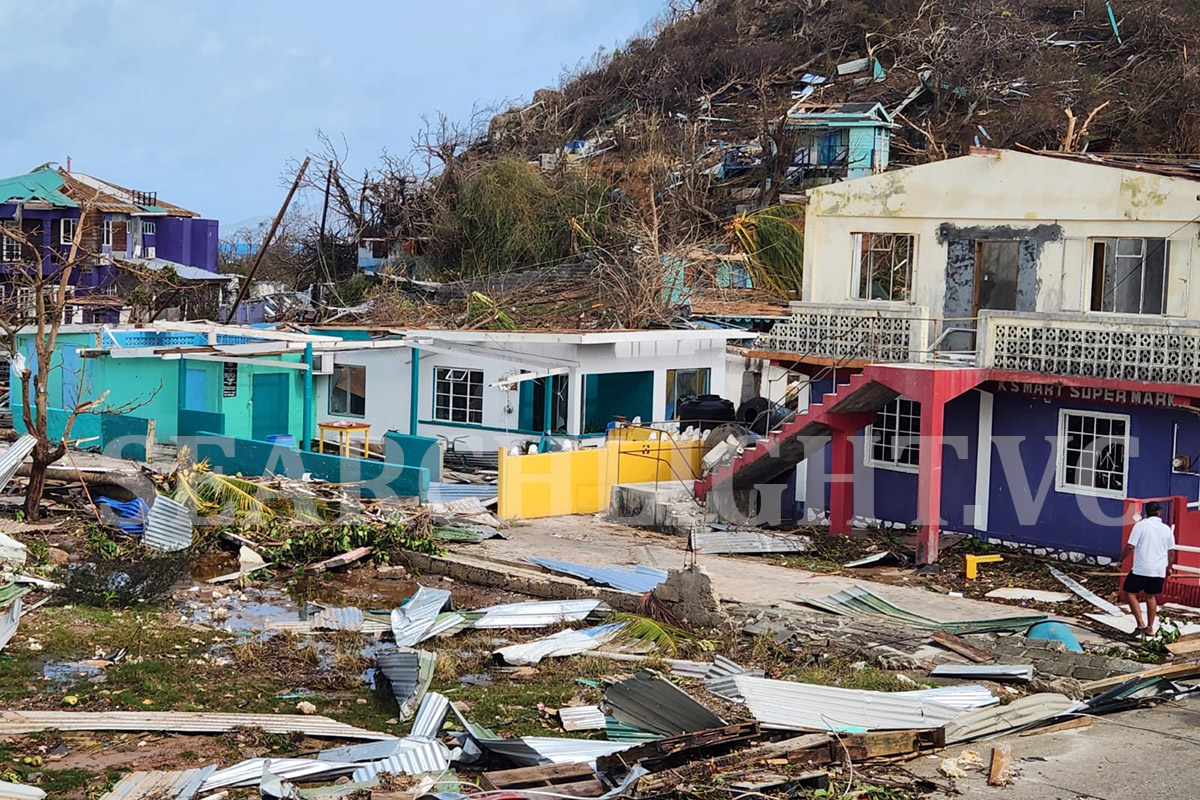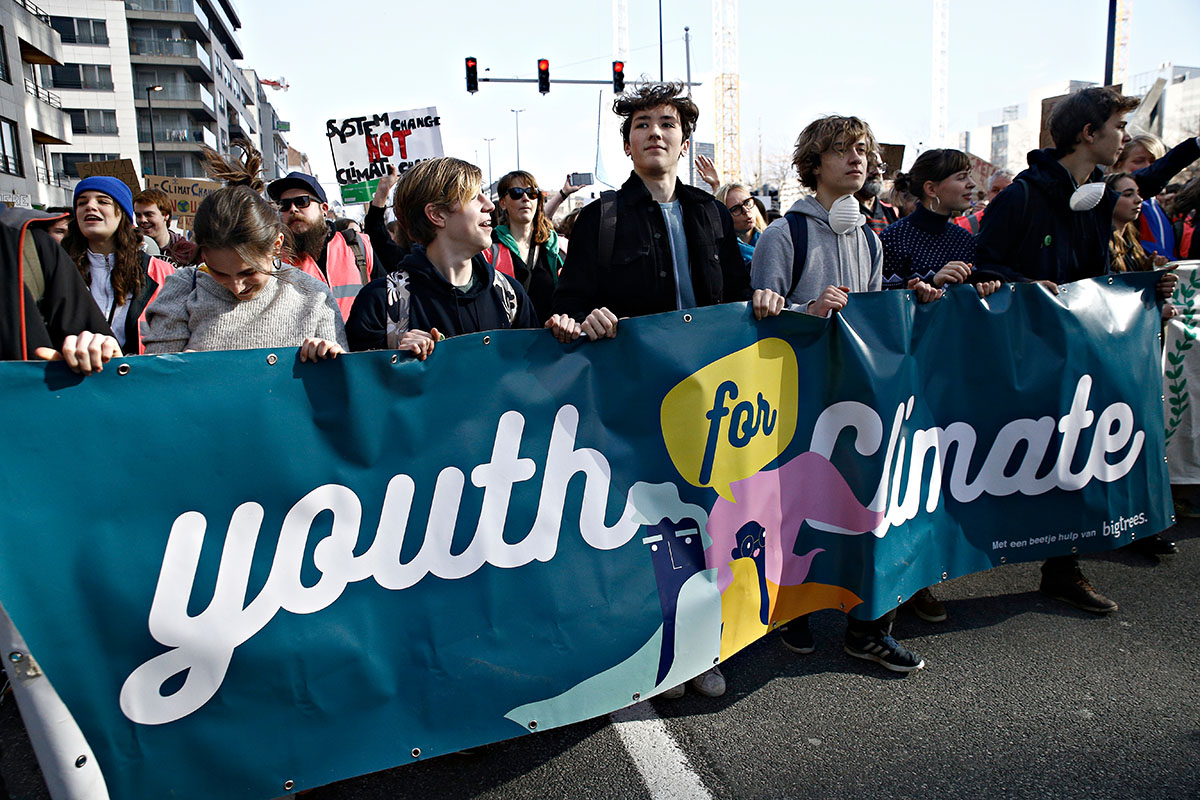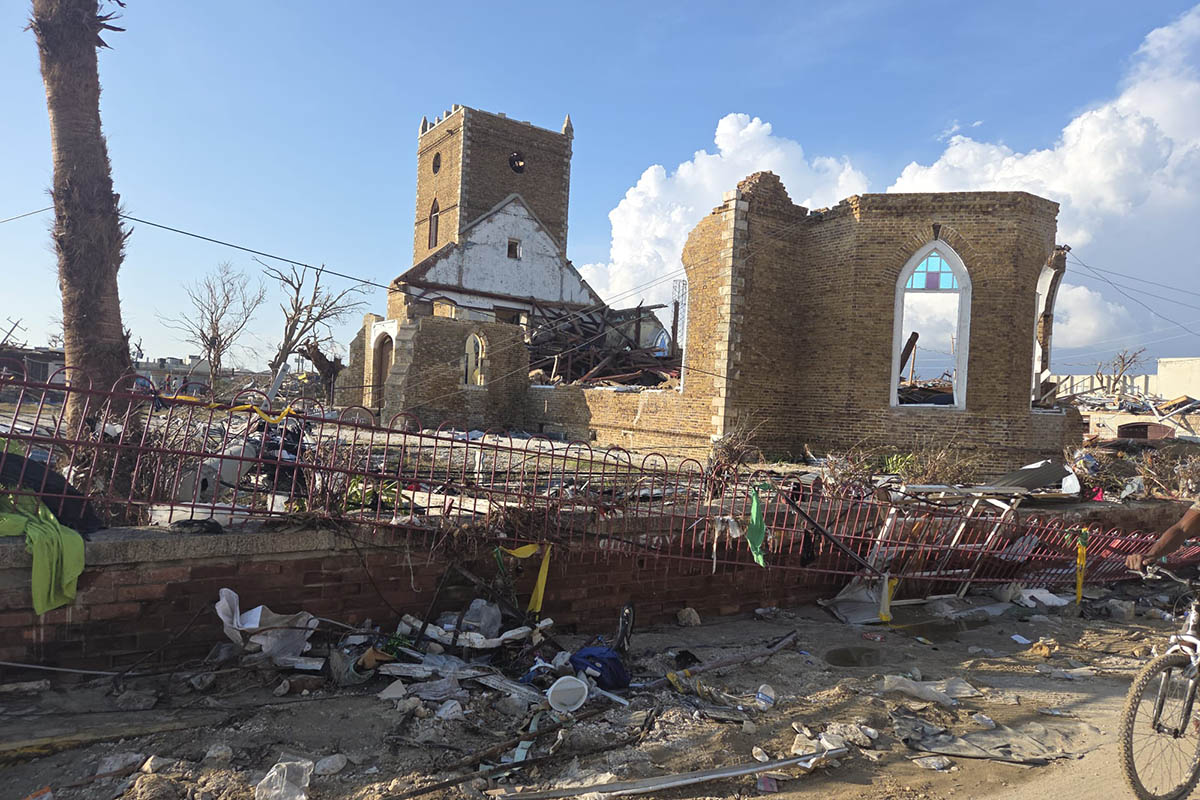A Wind that is Worse than the Devil: A Tale of Real-Life Experiences of Union Islanders who survived Hurricane Beryl
July 22by Jada Chambers
“I saw wind, natural wind, and I’m never going through that again,” Uncle Thomas mumbled to almost at the brink of tears. He, and the rest of the island were awaiting the arrival of the ferry to transport them to mainland St Vincent.
I was surprised to see him speaking to a journalist. He’s never been one to associate himself with the media, but then again, he’s never been one to show emotion either.
Never in my life will I ever try to go through that again. No experience like that you could ever believe. This wind is worse than the Devil.
Uncle Thomas
“If a storm is coming from the north, I’m going south. If the storm is coming from the south, I’m going north. Never in my life will I ever try to go through that again. No experience like that you could ever believe. This wind is worse than the Devil,” he continued.
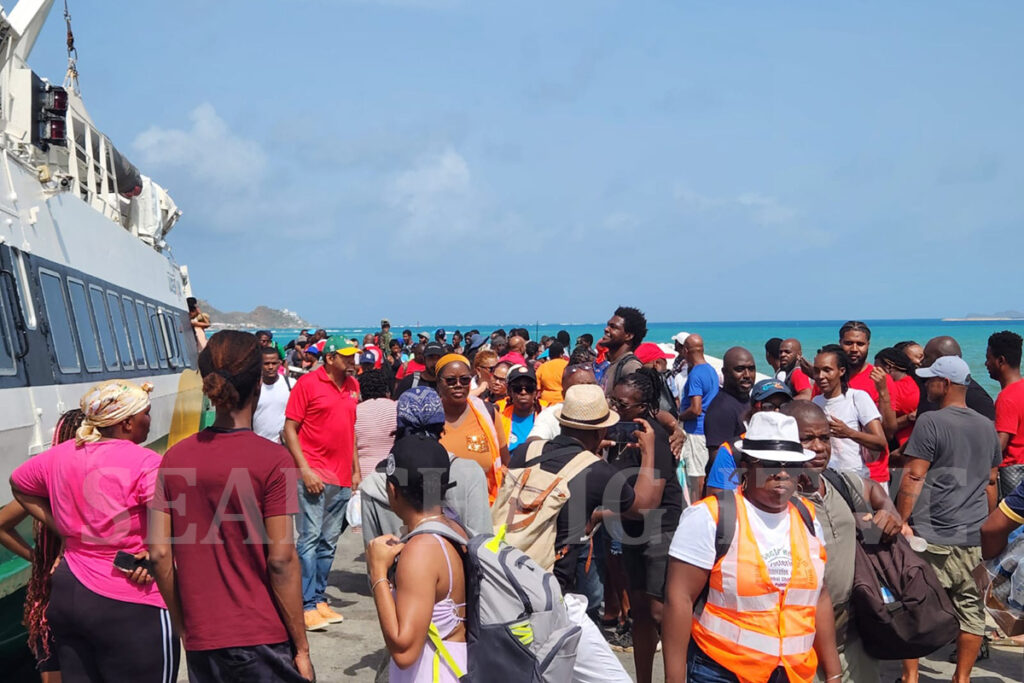
It was hard to fathom. St Vincent did not get hit the way Union Island did. A couple of trees were blown down here and there. Pole lines were dangling a few feet from the ground, and a few homes were partially destroyed.
But when the eyewall of Hurricane Beryl rested on Union Island on July 1, 2024, the hurricane was moving towards the west northwest at 20 mph with maximum sustained winds of 150 mph. Hurricane force winds extended outward, up to 35 miles from the centre, and tropical storm force winds extended outward, up to 125 miles.
These are a whole lot of words that simply mean total destruction. I couldn’t wait for Uncle Thomas to finish speaking to tell him the news. Instead, I dashed from the dock all the way to our house and found my dad who was searching our neighbor’s yard frantically.
The hurricane had hit our roof and tried to spin it off the house. My dad and I had to stick our fingers in our ears to block out the haunting sound of the hurricane; and when we looked out the window, we saw galvanize dancing in the wind like paper planes.
“Years gone by, in 1955 we had one that was called the Janet Hurricane which my mother and all her senior citizens spoke about… like a disaster, but when we come look at this one that happen now, there is nothing in comparison,” Dad told me.
He was clearly shaken by the experience.
I wanted to comfort him, but I couldn’t. Nearly every home on the island had been destroyed. The lives of approximately 2500 people had been crushed, and a land that was once a blissful gem, had been transformed into a terrain of disaster.
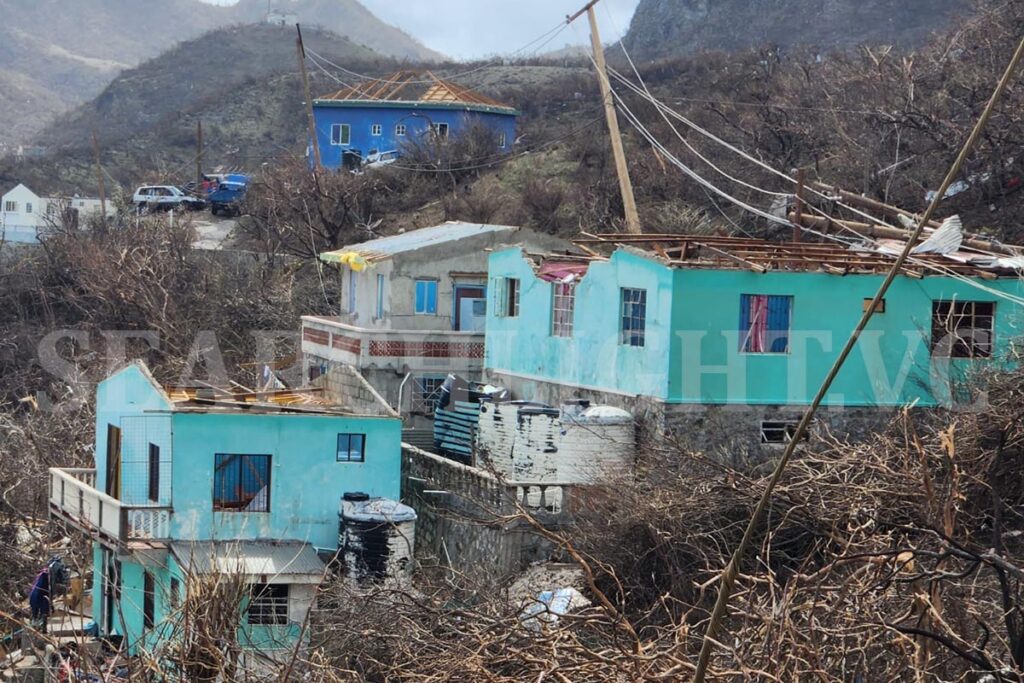
Barely able to recognise our home, Dad and I grew hopeless. The sky traded the sun for stars, but they couldn’t shine bright enough to substitute for the street lamps that had been knocked down by the hurricane.
There was an island-wide blackout. We had no cell service, no water and no food. Other Islanders urged us to evacuate the island quickly and leave the searching for the professionals, but we refused to leave.
My dad approached a crowd of people who were scurrying our way. We were hoping for good news. Instead, horror flashed across his face. I knew what that meant. Another missing person had been found dead.
Desperately, Dad flipped over trees and crawled under heaps of cement blocks and galvanize searching as if he had lost his mind.
A blaring horn signaled the last call for the day, for islanders to board the ferries which were heading to St Vincent, as more bad weather was heading towards the island.
But, there was no way that Dad and I were about to leave; not with my little sister still missing; and not with a rising death toll.
